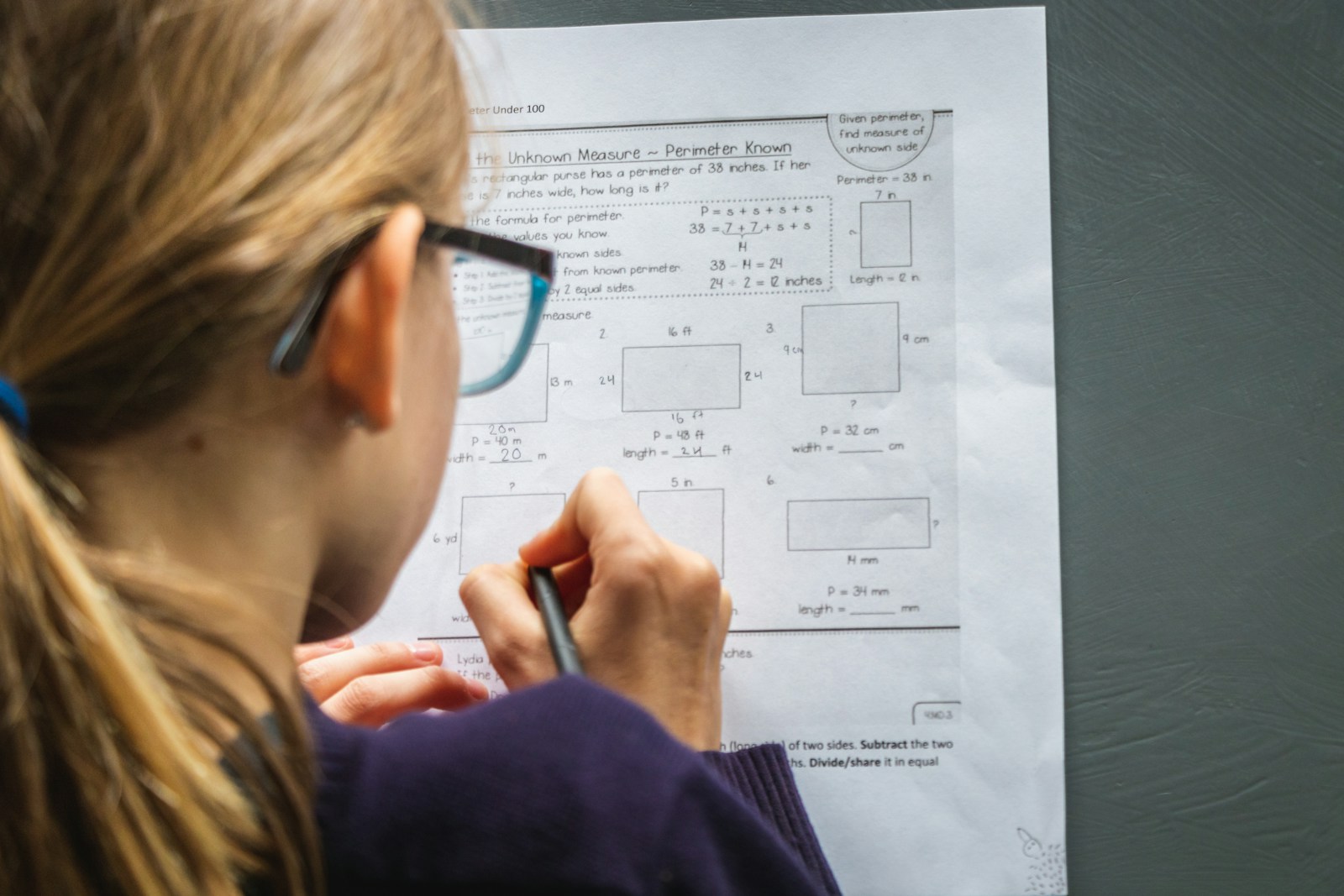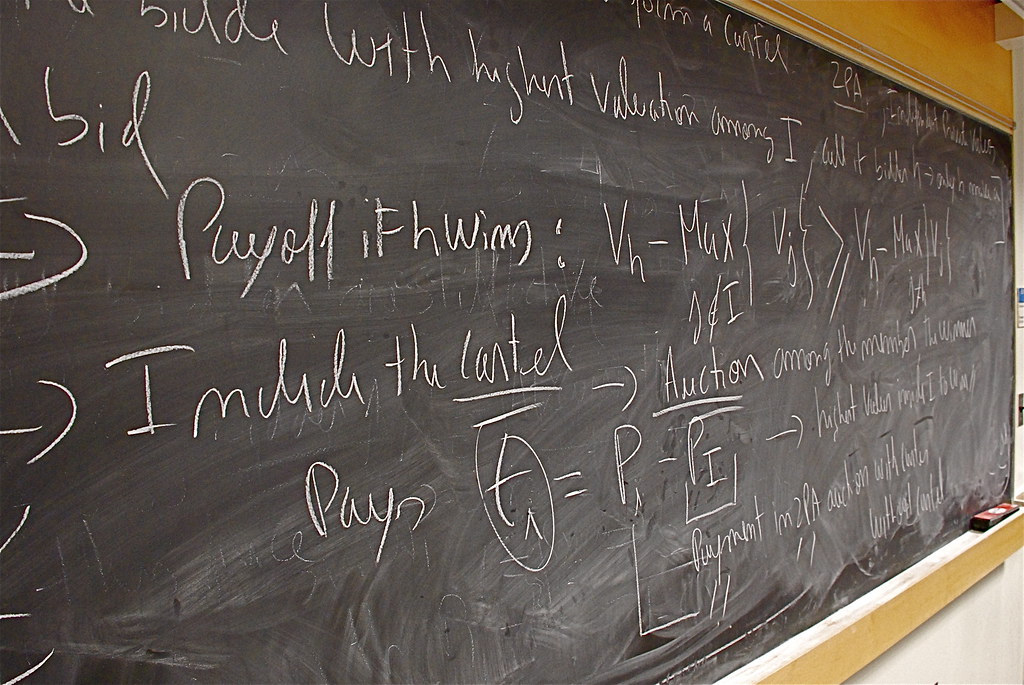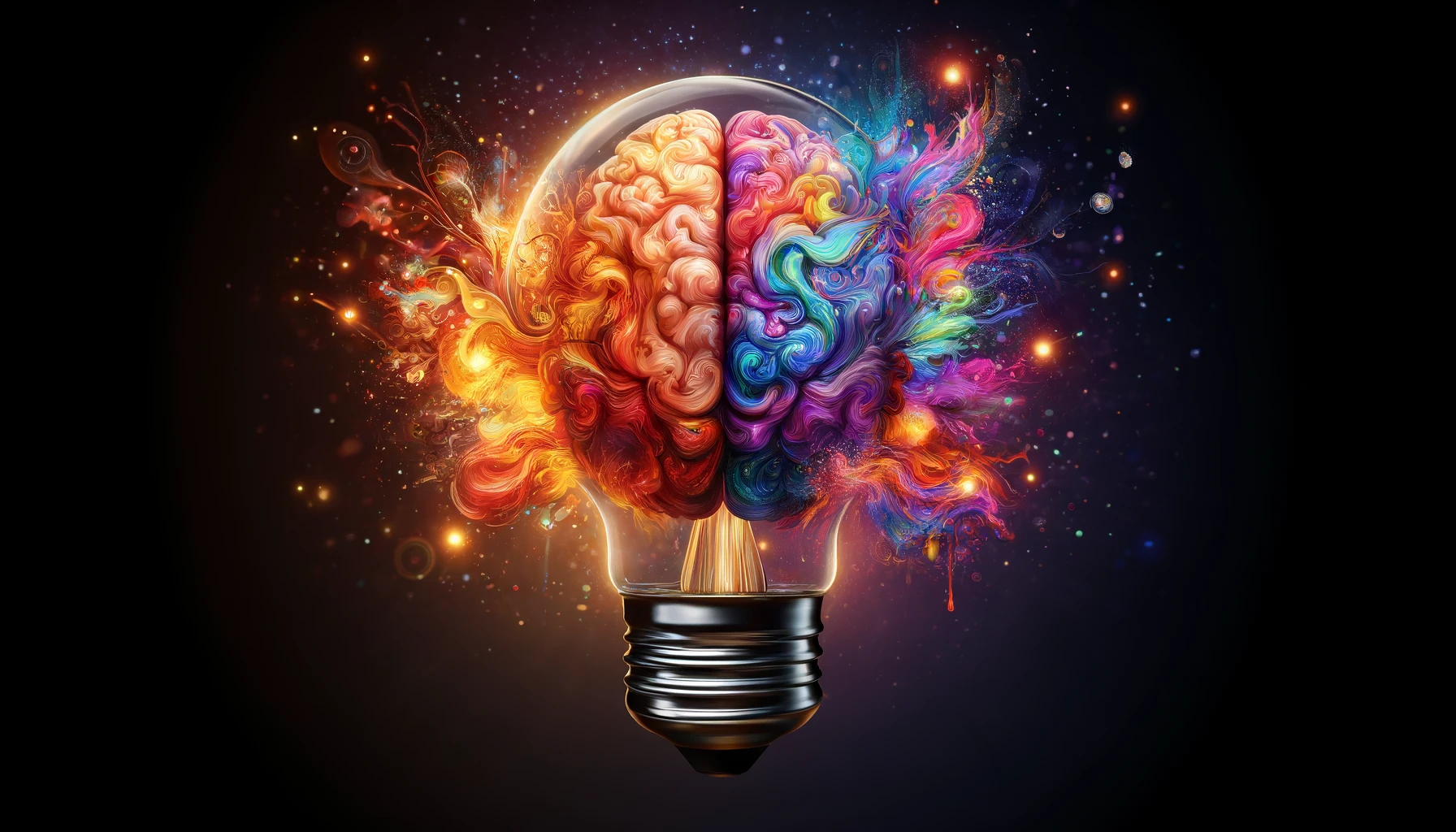Acceleration and enrichment in education are two approaches often used to adapt learning to the needs of students who display a high capacity for understanding and applying complex concepts. These approaches are part of an educational response aimed at unleashing the full potential of students with advanced learning capabilities.
Acceleration is about giving students the opportunity to move through educational material at a faster pace. This could mean skipping a grade, starting school earlier than usual, or being part of more advanced classes in specific subjects. The goal of acceleration is not just to increase the pace but to match the level of challenge to a student’s natural ability, making sure they are engaged and excited about learning. Studies have shown that acceleration is often successful for students with advanced abilities, particularly when they are evaluated comprehensively to determine the best fit. It respects the individual differences and ensures that talented students aren’t held back by a curriculum designed for average learning speeds.
On the other hand, enrichment curriculum focuses on expanding the learning experience without changing the pace of progression through the grades. This can include adding depth to existing topics, offering extra projects, introducing students to new areas of study, or engaging them in more creative and independent research. The enrichment approach emphasizes personalized learning paths that stimulate creativity, problem-solving, and independent thinking. It allows these students to stay with their peers while also challenging them to explore beyond the standard curriculum.
Both acceleration and enrichment aim to support students in achieving their potential in ways that suit their specific learning styles and needs. Acceleration might be the best path for a student who is ready to progress quickly and feels unchallenged in their current environment. Enrichment, meanwhile, is perfect for students who benefit from digging deeper into subjects or exploring their own interests in creative ways, without leaving their current grade level.
The educational strategies for both acceleration and enrichment require careful planning and individualized assessments. It’s essential to respect the student’s social and emotional needs while providing academically appropriate opportunities. Involving families and keeping open communication with educators are also critical parts of the process, as they help ensure that these advanced learners are supported in every aspect of their development. By empowering these students with the right kind of educational response, we can help them become confident learners, ready to contribute their unique talents to the world.


